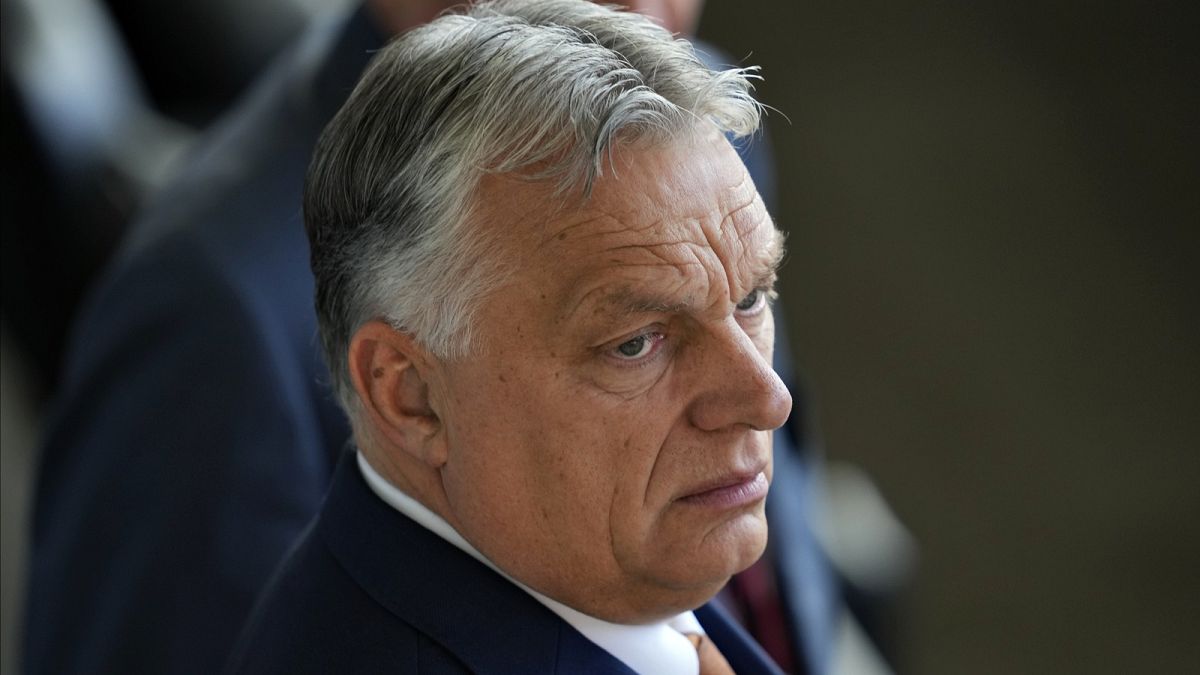The European Commission has decided to boycott Hungary’s six-month presidency of the EU Council in response to Viktor Orbán’s controversial trips to Moscow and Beijing, widely seen as an affront to the bloc’s political unity. The decision came after Orbán met with President Vladimir Putin in Moscow and praised the “Chinese peace plan” in Beijing. The EU has dismissed the Chinese plan for blurring the line between aggressors and the aggressed. Orbán’s use of the Hungarian presidency’s official logo during these trips further fueled accusations of abuse of power and disloyalty.
Budapest maintains that both trips were conducted under bilateral diplomacy and as part of a so-called “peace mission.” However, the selection of countries, the timing of the visits, and Orbán’s participation in an informal summit of the Organisation of Turkic States, which includes the disputed “Turkish Republic of Northern Cyprus,” have raised concerns. Speculation about a coordinated boycott has been circulating in Brussels, with one diplomat suggesting the goal was to “make Orbán less visible.”
The European Commission’s decision, taken by President Ursula von der Leyen, confirms these rumors. Brussels will only engage at the senior civil servant level during informal meetings hosted by Hungary for the remainder of its presidency term. This means that the customary visit of the EU College of Commissioners to mark the beginning of the rotating presidency will not take place. However, formal ministerial meetings in Brussels and Luxembourg will proceed as scheduled, as they are not dependent on the rotating presidency.
In response to the boycott, Hungary’s minister for EU Affairs, János Bóka, expressed disappointment and emphasized the country’s commitment to cooperation. Bóka questioned the European Commission’s selective approach to cooperation, stating that the EU is an organization of member states and the Commission cannot choose whom to cooperate with based on political considerations. Despite the boycott, Hungary remains determined to address common challenges during its presidency, which began on 1 July and will continue until 31 December.
Orbán’s meetings with Putin and Xi Jinping have sparked controversy within the EU, with concerns raised about the alignment of Hungary’s foreign policy with that of Russia and China. The decision by the European Commission to limit its engagement with Hungary during its presidency reflects the unease within the bloc regarding Orbán’s recent diplomatic interactions. The use of the Hungarian presidency’s official logo during these trips has been particularly criticized for potentially blurring the lines between official EU business and bilateral diplomacy.
The timing of Orbán’s visits to Moscow and Beijing, as well as his participation in the Turkic States summit, have further fueled speculation about Hungary’s increasing alignment with non-Western powers. The EU’s response, in the form of a boycott of Hungary’s presidency events, highlights the growing tensions between Brussels and Budapest. As the presidency continues, it remains to be seen how Hungary will navigate its role within the EU amid increasing scrutiny over its foreign policy choices and diplomatic engagements.










